Food MattersAlonso Quijano's Diet and the Discourse of Food in Early Modern Spain
In the second sentence of Don Quixote, Cervantes describes the diet of the protagonist, Alonso Quijano: “A stew made of more beef than mutton, cold salad on most nights, abstinence eggs on Saturdays, lentils on Fridays, and an additional squab on Sundays.”
Through an inventive and original engagement with this text, Carolyn A. Nadeau explores the shifts in Spain’s cultural and gastronomic history. Using cooking manuals, novels, poems, dietary treatises, and other texts, she brings to light the figurative significance of foodstuffs and culinary practices in early modern Spain. Drawing on the work of Pierre Bourdieu and Stephen Mennell, Food Matters reveals patterns of interdependence as observed, for example, in how Muslim and Jewish aversion to pork fired Spain’s passion for ham, what happened when New World foodstuffs entered into Old World kitchens, and how food and sexual urges that so often came together, regardless of class, ethnicity, or gender, construct moments of communal celebration.
This mouth-watering tour of the discourses of food in early modern Spain is complemented by an appendix that features forty-seven recipes drawn from contemporary sources.
Carolyn A. Nadeau is the Byron S. Tucci Professor in the Department of Hispanic Studies at Illinois Wesleyan University.
“Food Matters is not only a study about food in early modern Spain, but also a reflection on how eating and drinking became symbols and makers of class, ethnicity, and what it meant to be ‘Spanish.’ This is interdisciplinary research that will delight the social historian and the literary critic in equal parts.”-Enrique Garc?a Santo-Tomas, Department of Romance Languages and Literatures, University of Michigan
“This is a highly original study of early modern cultural and literary history through an examination of early modern gastronomical practices. Delving into a wide array of sources, from cookbooks and advice manuals to travel logs and classical works of fiction, the book elucidates how food matters to the construction of identity, social class, and the development of fiction. A compelling and unique contribution to our understanding of Spain’s culinary heritage.” –Adrienne L. Mart?n, Department of Spanish and Portuguese, University of California, Davis
“Carolyn Nadeau’s book is a fascinating inquiry into the eating practices of the evolving Spanish nation. Parsing the opening paragraph of Cervantes’ Don Quixote for continued sustenance, she demonstrates food’s importance in the creation of social national identity as well as in the greatest novel of all time.” -Steven Wagschal, Department of Spanish and Portuguese, Indiana University
Preface
1. El Ante: The Rise of Cooking Manuals in Spain
2. “Una olla de algo más vaca que carnero”: Privileging Meat in the Early Modern Diet
3. “Salpicón las más noches”: Salads, Vegetables, and New World Contributions to Spanish Fare
4. “Duelos y quebrantos los sábados”: Jewish and Muslim Influences on Early Modern Eating Habits
5. “Lantejas los viernes”: Perceptions of Health and Christian Abstinence
6. “Algún palomino de añadidura los domingos”: The Theatrics of Food and Celebration
7. La sobremesa: Final Reflections on the Discourse of Food in Early Modern Spain


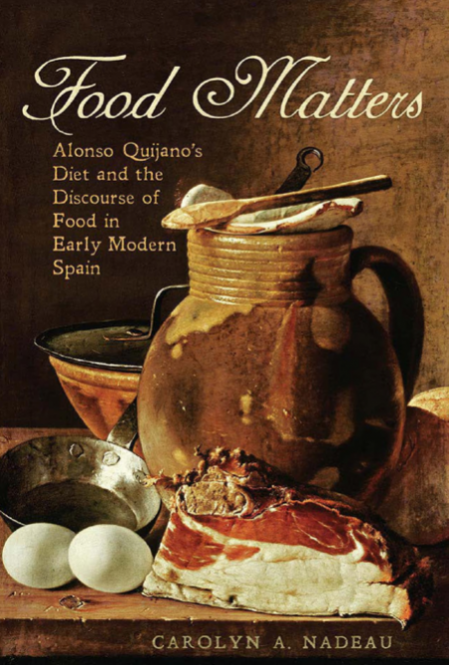



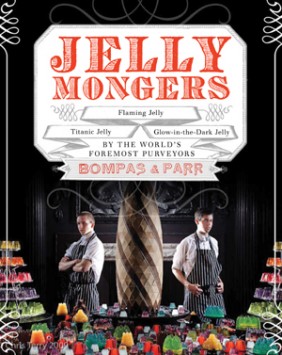
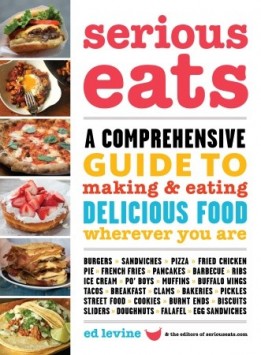
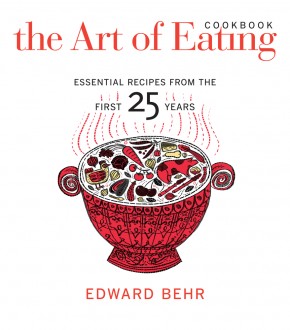
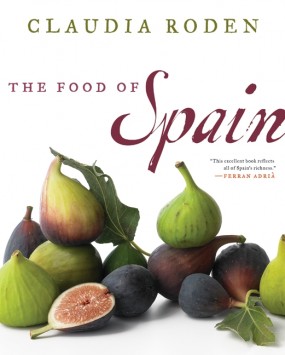
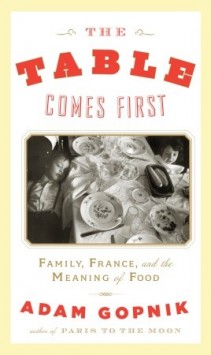
Leave a Reply